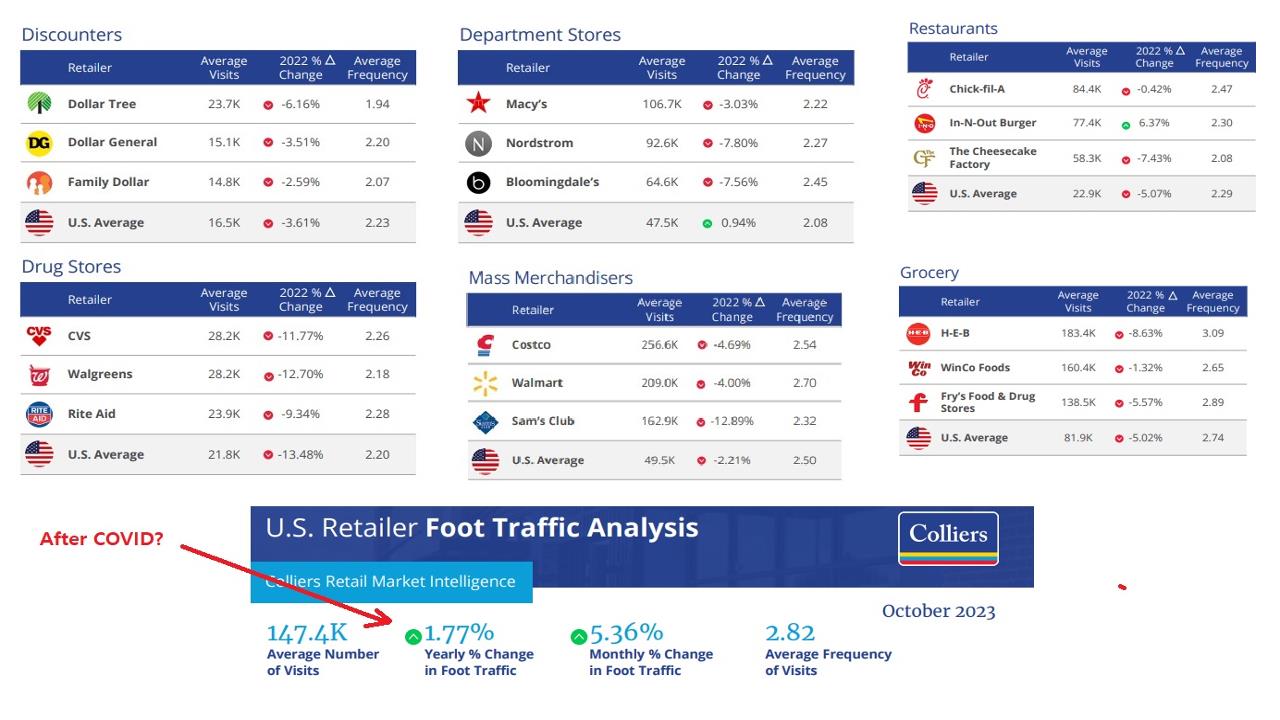Video:
Take our online poll:
AI Analysis:
Sales from Black Friday and Cyber Monday can provide some insight into consumer spending patterns and trends leading into the holiday season, including Christmas. However, they may not always perfectly predict how well Christmas sales will perform for the entire year.
These shopping events are certainly significant in terms of revenue generation and consumer behavior observation, but several factors can influence Christmas sales separately:
1) Extended Shopping Period: Some consumers might spread out their holiday shopping over several weeks or even months, taking advantage of various deals and discounts beyond Black Friday and Cyber Monday.
2) Shifts in Consumer Behavior: Buying habits can change based on external factors like economic conditions, new product releases, or unexpected events.
3) Retail Strategies: Retailers might employ different marketing tactics, promotions, or adjustments in pricing and inventory closer to Christmas, impacting consumer spending.
4) Product Demand: Some products might experience higher demand closer to Christmas due to their nature as popular holiday gifts.
While Black Friday and Cyber Monday can indicate consumer enthusiasm and willingness to spend, they're not the sole determinants of Christmas sales. Retailers often track these sales events to gauge consumer interest and adjust their strategies accordingly for the remainder of the holiday season. However, the success of Christmas sales depends on a combination of factors that might vary from year to year.
Chart:

References:


Comments